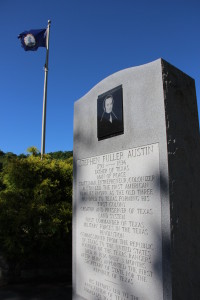Helping Overcome Poverty’s Existence (HOPE), a Wytheville based organization, recently acquired over 36 acres of undeveloped property, located approximately three miles south of Interstates 77 and 81 in Fort Chiswell, Virginia.
Speaking from his Wytheville, Virginia, based office, Andy Kegley, Executive Director of HOPE stated that his organization plans to develop the 23 parcels of land, set to be known as Long Meadows, in an effort to provide affordable homeownership to qualifying individuals.
HOPE’s Homeownership Program is geared toward assisting lower-income families in achieving their dream of homeownership.
Qualifications to be eligible for the 33-year mortgage include a credit score of 640 or better, a maximum income no greater than 80% of the median income of the area, required financial counseling attendance. Monthly mortgage amounts are expected to be no greater than 30% of income.
Additionally, the program requires homebuyers to invest a minimum of 200 hours in ‘sweat equity.’ Sweat equity can include keeping the lot clean during construction, landscaping or some other form of specialized labor.
The program has already seen success in Wytheville’s Deerfield community, where HOPE supplied well nearly thirty families with affordable homeownership.
When asked of the benefits of purchasing a home through HOPE, Kegley answered, “Our ability to work with a first time homebuyer has remained the same, whereas credit has largely dried up with traditional lenders in recent years.”
Kegley also referenced the fact that homeownership loans require no down payment and that interest rates are as low as 1%.
To help expedite the process, Wythe County officials have agreed to run waterlines to the community.
“County tax payers stand to benefit greatly from the development of this new community, as the developed land will dramatically increase the real estate values associated with the properties,” stated Jeremy T.K. Farley, Wythe County’s Public Information Officer.
Once the entire neighborhood is developed, the county projects Long Meadows to provide over $10,000 in additional real estate tax revenue each year.















